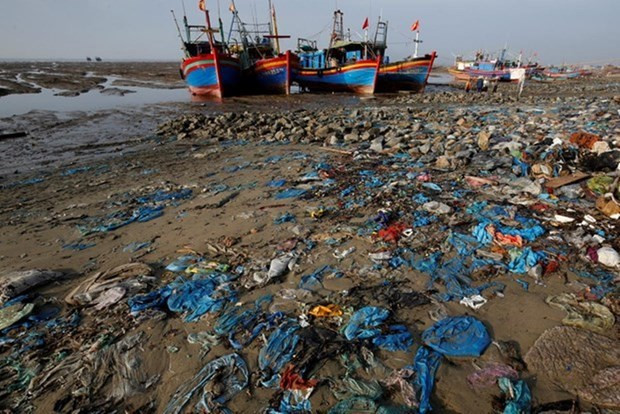The five-year project aims to reduce plastic consumption,increase recycling, and minimise leakages to prevent land and sea-based marineplastic pollution. Working across Southeast Asia, the project will provideholistic support to develop and harmonise regional policies, as well as createregional platforms for innovation, investments, knowledge, and partnerships.
The project activities will contribute to the implementationof the ASEAN Regional Action Plan on Combating Marine Debris and the ASEANLeaders’ Declaration on Blue Economy, to realise ASEAN’s commitment towardssustainable, resilient and inclusive use, management, conservation andgovernance of oceans, marine and coastal resources and ecosystems.
With support from the World Bank and UNOPS, ASEAN willadvance cooperation at both regional and country levels to strengthen policies andregulatory frameworks governing the production and use of plastics in SoutheastAsia.
Deputy Secretary-General of ASEAN for ASEAN Socio-CulturalCommunity (ASCC) Ekkaphab Phanthavong welcomed the timely initiative, saying that“the programme will add to ASEAN’s continuing efforts in addressing marineplastic debris and in promoting a transition to a circular economy.”
Samina Kadwani, UNOPS Director for Thailand, Indonesia andthe Pacific, said the partnership offers a path towards significant regionalsolutions, guided by mutual interests in promoting sustainable practices andprotecting marine and coastal ecosystems across Southeast Asia.”
SEA-MaP will be implemented by ASEAN Secretariat withsupport from UNOPS, in close collaboration with ASEAN member states andpartners, aligned with the Bangkok Declaration on Combating Marine Debris inASEAN Region (2019) and the ASEAN Regional Action Plan for Combating MarineDebris (2021)./.



























